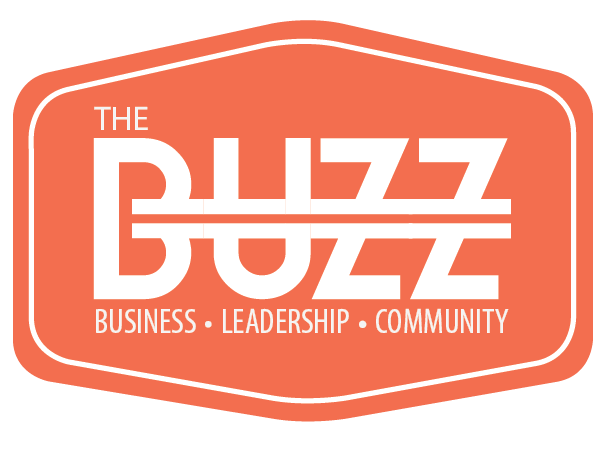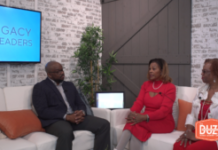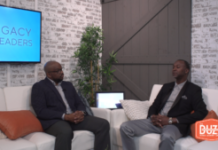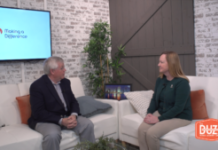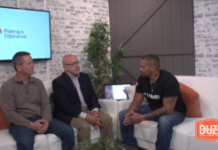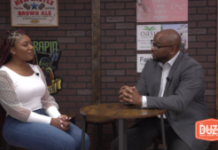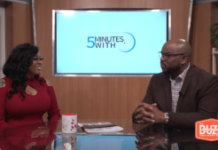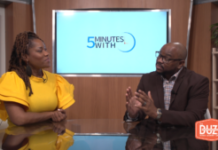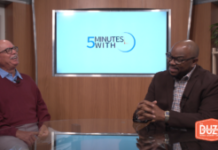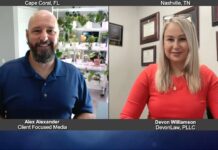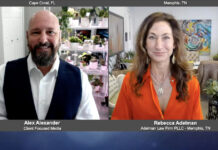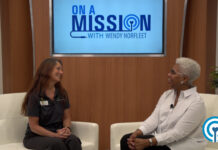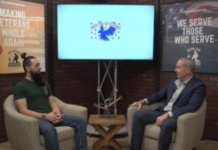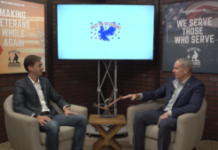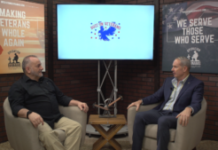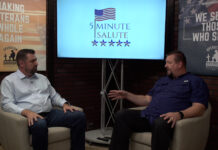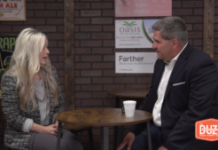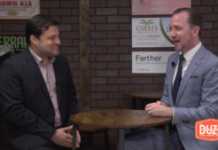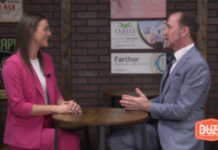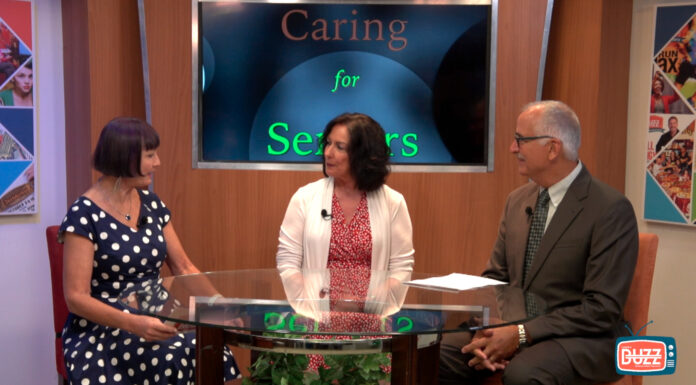Each week on “Caring for Seniors,” our hosts sit down with those who are hard at work in the community, making sure our elders are properly cared for. This week, David Stieglitz and Adrienne Houghton talk to Kelly Moorman-Coggins from Hart Felt Ministries.
Hart Felt Ministries mission is to provide free, non-medical services that help seniors live independently and age in place. Hart Felt provides companionship services, builds wheelchair ramps, assists with minor home repairs and emergency financial assistance and provides transportation all for seniors.
To learn more, visit https://www.hartfelt.org.
Give a brief description on what you would like to discuss on the show.: We need more people to know about the challenges that seniors in our community face. So many of them live in poverty and their homes are in need of major repairs. Our goal of keeping our seniors in their homes can only be fulfilled by the community partnering with us.
What makes your company unique?: All of Hart Felt’s service are FREE to seniors who are 70 or older with a disability or an illness.
How did you get your start in the industry?: Inspired by patients she met in nursing homes, Jane Hart founded Hart Felt Ministries in 2003 to provide companionship services – such as friendly visits, grocery shopping, light housekeeping, laundry and telephone reassurance – to seniors in need. Those services are the heart and soul of Hart Felt and are still available today. In response to our clients’ needs, Hart Felt has expanded services to include resources for safety (wheelchair ramps, grab bars and rails), critical needs through The Hart Fund (assistance with utilities, critical expenses and minor home repairs), and transportation (improving access to medical care and groceries).
How is your business handling the COVID situation?: When the pandemic started, Hart Felt was in the midst of a Census Outreach project that entailed calling all of our active clients. We then immediately incorporated “welfare checks” into the calls to make sure clients were informed about COVID-19. After the first round of calls, we honed our focus in on 270 clients who live alone and launched an on-going phone campaign. Seventeen volunteers, plus staff, made welfare calls to offer companionship and to make sure clients had what they needed. The biggest tangible need that surfaced from the calls was groceries and basic necessities so we started a Grocery Program. Volunteers would relay the need and a staff member would reach out to the client to get a list of items he or she needed. When clients received the groceries, they not only got something healthy to eat, they were assured that someone cared about them and they were not forgotten.
What advice would you give to someone just getting their start in the industry?: My advice would be to create a network or people and mentors who can help you and to use the expertise of the others who have gone before you.
